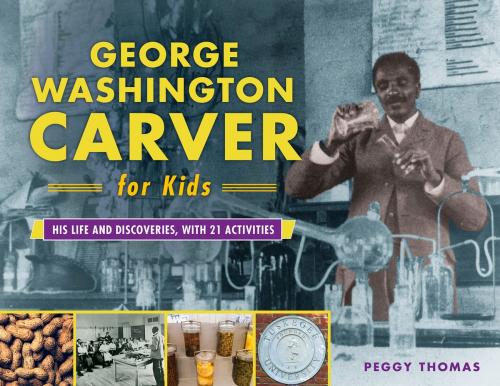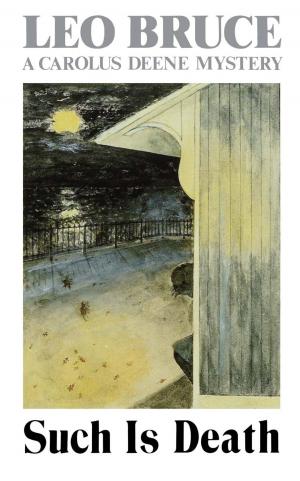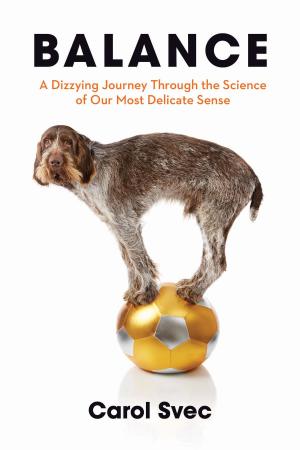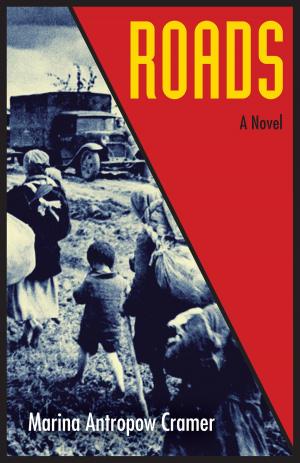George Washington Carver for Kids
His Life and Discoveries, with 21 Activities
Kids, People and Places, Biography, Non-Fiction, Science and Technology, Historical| Author: | Peggy Thomas | ISBN: | 9780915864058 |
| Publisher: | Chicago Review Press | Publication: | January 8, 2019 |
| Imprint: | Chicago Review Press | Language: | English |
| Author: | Peggy Thomas |
| ISBN: | 9780915864058 |
| Publisher: | Chicago Review Press |
| Publication: | January 8, 2019 |
| Imprint: | Chicago Review Press |
| Language: | English |
George Washington Carver was born into the violent era of slavery, yet he had big ideas. The first was to get an education. That meant leaving his Missouri home at a young age, washing people's clothes to pay for school, moving from town to town, and fleeing a lynch mob. Carver's second big idea was to serve others. After becoming the first black graduate from Iowa Agricultural College, Carver took a teaching position at the Tuskegee Institute founded by Booker T. Washington. Carver taught farmers how to nourish the soil, conserve waste, and feed their families. He developed hundreds of new products from the sweet potato, peanut, and other crops, and his discoveries gained him a place in the national spotlight. Throughout the Jim Crow era, Carver toured America speaking about agriculture. Many of Carver's ideas took a long time to develop, but today his concepts of conservation, zero waste, and plant-based products are on the cutting edge of science. George Washington Carver tells the inspiring story of this remarkable American scientist. It includes a timeline, resources for further research, and 21 hands-on activities to better appreciate Carver's genius.
George Washington Carver was born into the violent era of slavery, yet he had big ideas. The first was to get an education. That meant leaving his Missouri home at a young age, washing people's clothes to pay for school, moving from town to town, and fleeing a lynch mob. Carver's second big idea was to serve others. After becoming the first black graduate from Iowa Agricultural College, Carver took a teaching position at the Tuskegee Institute founded by Booker T. Washington. Carver taught farmers how to nourish the soil, conserve waste, and feed their families. He developed hundreds of new products from the sweet potato, peanut, and other crops, and his discoveries gained him a place in the national spotlight. Throughout the Jim Crow era, Carver toured America speaking about agriculture. Many of Carver's ideas took a long time to develop, but today his concepts of conservation, zero waste, and plant-based products are on the cutting edge of science. George Washington Carver tells the inspiring story of this remarkable American scientist. It includes a timeline, resources for further research, and 21 hands-on activities to better appreciate Carver's genius.















